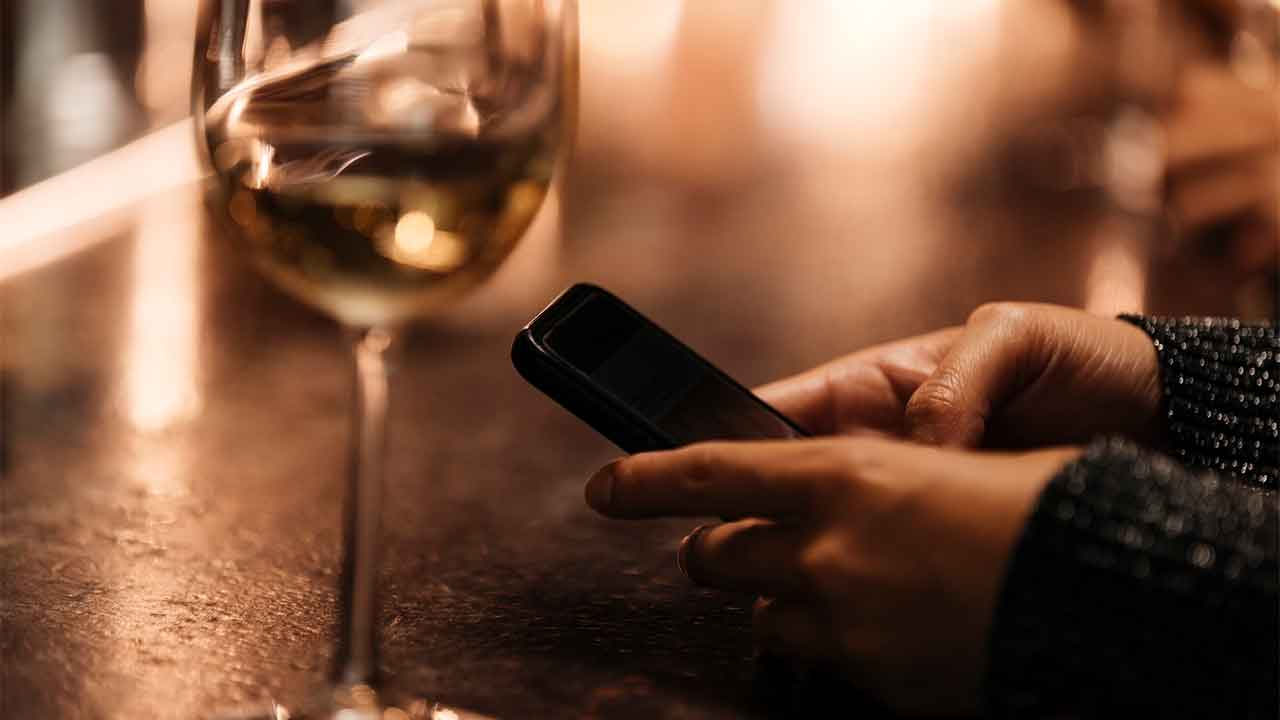Could your phone tell you’ve been drinking?

The best guide to whether you’ve had too much to drink may already be in your pocket.
Medical researchers from Stanford University, US, have trialled using a smartphone to monitor changes in our movements after we’ve been drinking, then deliver real-time information – which may serve as a warning or a reminder.
“We have powerful sensors we carry around with us wherever we go,” says Brian Suffoletto, lead author of a paper in the Journal of Studies on Alcohol and Drugs. “We need to learn how to use them to best serve public health.”
Suffoletto and colleagues invited 22 adults aged 21 to 43 to their lab and gave them a mixed drink with enough vodka to produce a breath alcohol level of 0.2%.
They then breath-tested them every hour for seven hours, each time also asking them to “walk the line” (10 steps forward and 10 back) with a smartphone fitted to their lower back.
The phones measured the acceleration and side-to-side (mediolateral), vertical and forward and backward (anteroposterior) movements while they walked.
The researchers say that nine times out of 10 they could use changes in the participant’s gait, as identified by the phone, to identify when they were at or above 0.08% – the legal limit for driving in the US.
“This controlled lab study shows that our phones can be useful to identify ‘signatures’ of functional impairments related to alcohol,” Suffoletto says.
The next stage is to test whether the approach works as well with people holding their phones in a normal way, and to think about the best strategies that will provide effective support to individuals while they’re under the influence.
“In five years, I would like to imagine a world in which people… get an alert at the first sign of impairment and are sent strategies to stop drinking and protect them from high-risk events like driving, interpersonal violence and unprotected sexual encounters,” Suffoletto says.
This article was originally published on Cosmos Magazine and was written by Amelia Nichele. Amelia Nichele is a science journalist at The Royal Institution of Australia.
Image: Getty Images
